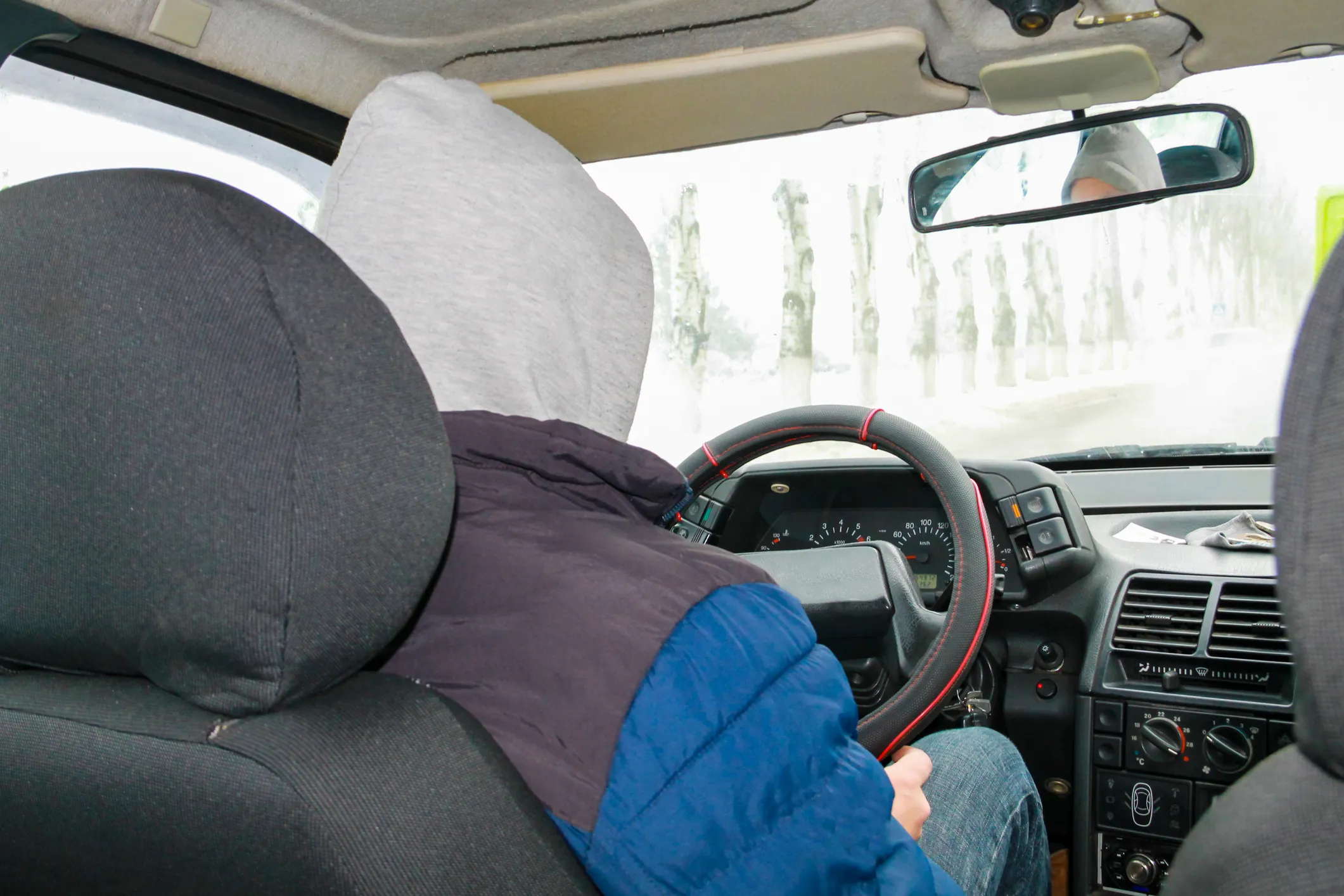Can cold weather affect car sensors?
Motor Vehicles Accidents - November 21, 2023
Chicago winters are miserable during morning commutes. Ice and snow are a chore, but they’re more than inconvenient. If your vehicle is equipped with automatic emergency braking systems (AEB) or forward-collision warning (FCW), bad weather can cause them to stop working.
Problems with a car’s sensors can make it harder for you or other drivers to avoid a collision. If you are involved in a wreck this winter, a Chicago car accident lawyer from Horwitz, Horwitz & Associates can help you get the settlement you deserve.
Call us today at (800) 985-1819.

Can cold weather affect a car’s mass airflow sensor?
Usually, the outside temps shouldn’t affect the Mass Airflow Sensor (MAF) operation unless the temperatures drop below zero degrees Fahrenheit. That being said, frigid temps like we get in Chicago can affect the delicate wiring of the MAF. Its sensor wires are only 5-volt and produce between 15-30 mV of power. The wiring connections can also get dirty, especially when driving through slush and ice-melt debris.
If the MAF has faulty computer circuits, that is an expensive repair. Unfortunately, bad weather problems with the MAF and general issues usually require a qualified mechanic to diagnose.
How can I keep ice and snow from affecting my car’s sensors?
Following these six tips can help ensure that all your car’s sensors are free of obstruction. Carefully removing ice and snow can prevent a wreck and reduce the wear and tear on a vehicle.
- Clear the windshield entirely. Some cars have sensors or cameras behind the windscreen, so removing obstruction is essential for maximum visibility. Don’t use your windshield wipers to clear snow and ice.
- Locate any safety sensors on the grille and make sure those are free from ice or snow. Many newer vehicles embed the AEB and FCW near the bumper or grille.
- Clear both bumpers. You may think any ice or snow will fall off, but your vehicle may have sensors embedded in the bumper. Clearing the bumper can help your vehicle detect objects nearby.
- Don’t forget the rear body panels. Sensors in these panels can help monitor the blind spots or help when reversing.
- Some older cars may also have safety sensors underneath the side mirrors. If you aren’t sure where your car’s sensor panels are, a quick check of your user manual should show you.
- If you have cameras on the front, side, or back of the car, it’s also critical to clear those of snow and ice. Failure to do so could also damage the cameras.
Have you been hurt in a winter-weather car accident? We can help.
If you’ve been hurt in a preventable accident because snow or ice affected a car’s sensors, you could have grounds to demand compensation from the driver responsible for the accident.
Drivers are responsible for ensuring that their vehicles are safe and road-worthy. If they fail to clear snow and ice from the car or its sensors, they could be liable for any damage they cause in a wreck where problems with sensors or cameras were a contributing factor.
These cases can be complicated, but when you work with an experienced Chicago car accident lawyer from Horwitz, Horwitz & Associates, you’ll have a better chance for a positive resolution. Contact us today at (800) 985-1819 for a free consultation.


